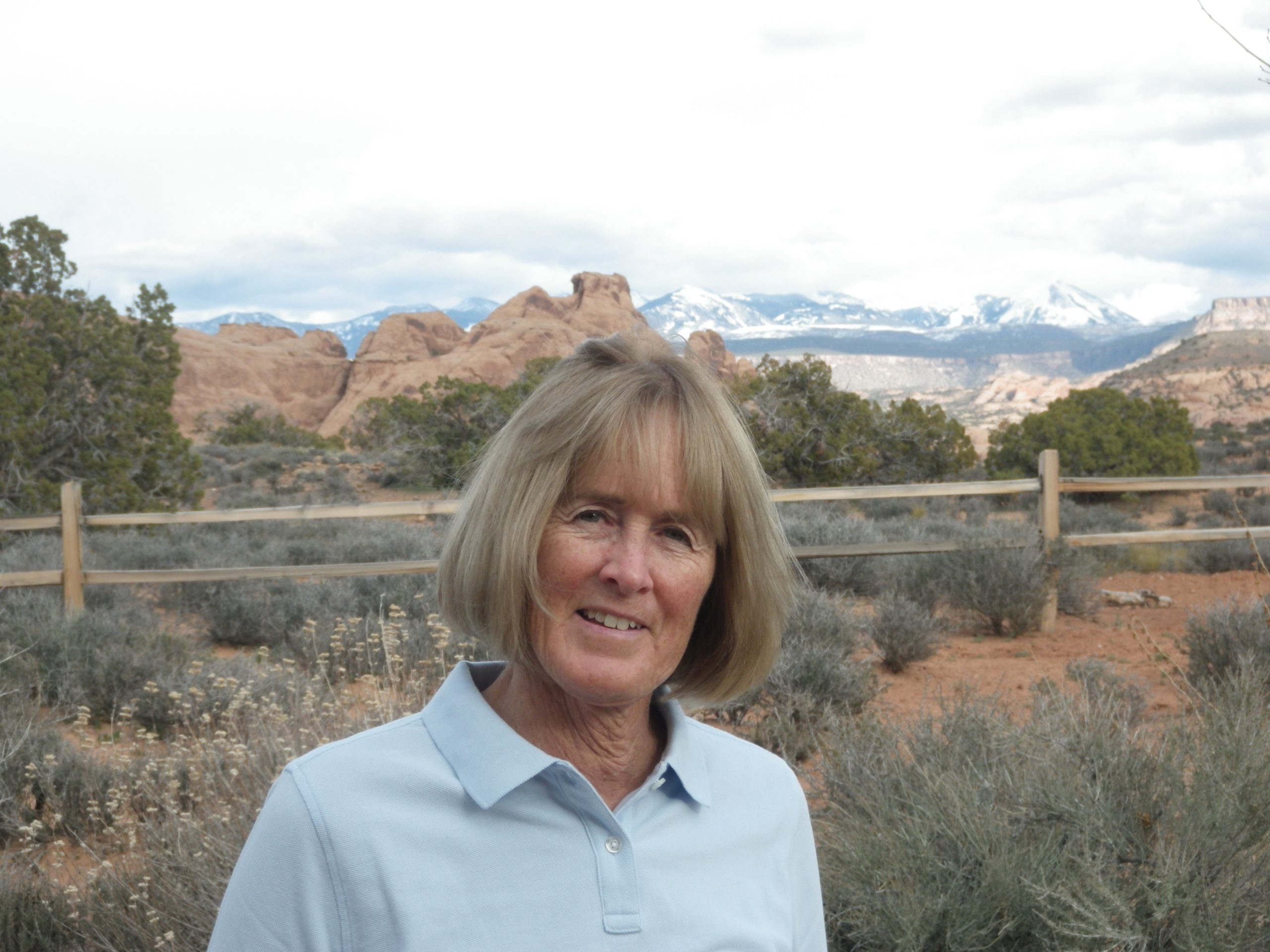Some information may be outdated.
Edward Abbey is surely rolling restlessly somewhere in his spiritual grave; it is perhaps good that he passed away in the 1980s. For the man who so brilliantly expressed his passion and respect for the natural wonders of Moab and the Southwest could not have endured what we witness these days. Defacing precious pictographs and petroglyphs with household cleaners? Toppling ancient rock formations for ephemeral entertainment? Stealing dinosaur tracks from our public lands?
I’m in my 60s and I am beginning to think and sound like one of my grandparents. I recall the quiet concern they conveyed about the many “disturbing” changes of the cultural revolution that took place during 1960s—their raised eyebrows, their words of caution, their longing for a sense of order and decency, their references to how things used to be. They worried about what they perceived to be an erosion in our standards and morals—the very glue holding the fabric of our society together. I now find myself contemplating the same things.
We seem to have lost the essential understanding that there are matters that are much larger and more important in the world than ourselves. In our happy journey down the road of lustful self-satisfaction and self-absorption, we have lost one of the key elements to the success of any society or culture: respect. Respect for people, property, other living things, the physical world in general—and the structure and principles that make our civilization sound and workable. Our “selfies,” our Facebook pages, our Twitters, our offerings of our opinions ad nauseum, and our obsession with our own activities and appearances are but small symptoms of a fundamental change in our perception of our individual place—and individual importance—in this world. In truth each of us is so tremendously unimportant. Any one of us could fall off the face of the world tomorrow, and it really wouldn’t make any difference.
My husband and I recently took a hike out at the Island and stopped to enjoy lunch at the picnic area near Upheaval Dome. As we sat eating lunch a car pulled in and parked next to us. Three “20-somethings” got out of the car with their off-leash dog and headed for the trailhead. As they walked past I politely reminded them that dogs are not permitted on trails within the park—leashed or otherwise. One of the boys responded by saying “Oh. Really? Gheez, that’s a shame.” His sarcasm was so cool—so practiced—so insulting. Of course the three continued on their way up the trail to the overlook—with their dog running around tearing up the cryptobiotic soil and chasing down lizards.
Why did I bother? Stupid me. Didn’t I realize that we now live in the “rules don’t apply to me” world and that this is how kids speak to their parents, their teachers…and to so many other people worthy of respect these days? Don’t I know that the behavior of these young adults was indicative of how a high percentage of our population views the importance of adhering to the “rules” that are designed to benefit all citizens as well as the larger good of our society?
Most drivers exceed the speed limit and most see no reason to refrain from using their cell phones while driving. Fewer and fewer dog owners observe leash laws. Fences are designed to be crossed; signage is all too often ignored. Campfires are created without regard to consequence; fireworks are discharged willy nilly. Fragile cultural artifacts are plundered, trampled, and defaced. Footprints wander boldly past countless posts announcing “Area Closed. Re-vegetation in process.” Tire tracks mar trails clearly designated for use solely by pedestrians and horses. Are we not on an insidious slide from a state of order to an atmosphere of chaos?
In truth, ours is a society that is brim full of a plethora of laws, instructions, directives, rules, regulations, requests, and admonitions. It is possible that our attitude and perspective have declined to the point that rules, admonitions, and signage are of little consequence? Has the line between “right” and “wrong” become blurred, or do we simply not care to distinguish between the two?
Ours is a world that is steadily spinning out of control through a pervasive self-centered perspective on life and a dangerous lack of respect. We are all on this earth together—each of us for what amounts to about a nanosecond in relative time. What we do in that nanosecond is important.
Abbey wrote in “Desert Solitaire” that “we are finally learning that the forests and mountains and desert canyons are holier than our churches. Therefore let us behave accordingly.” A lot has changed since he wrote those words in the late 60s, but perhaps it is not too late for us to recall what “behaving accordingly” truly means and to show respect for the great variety of things that are deserving of it.
Appreciate the coverage? Help keep local news alive.
Chip in to support the Moab Sun News.



